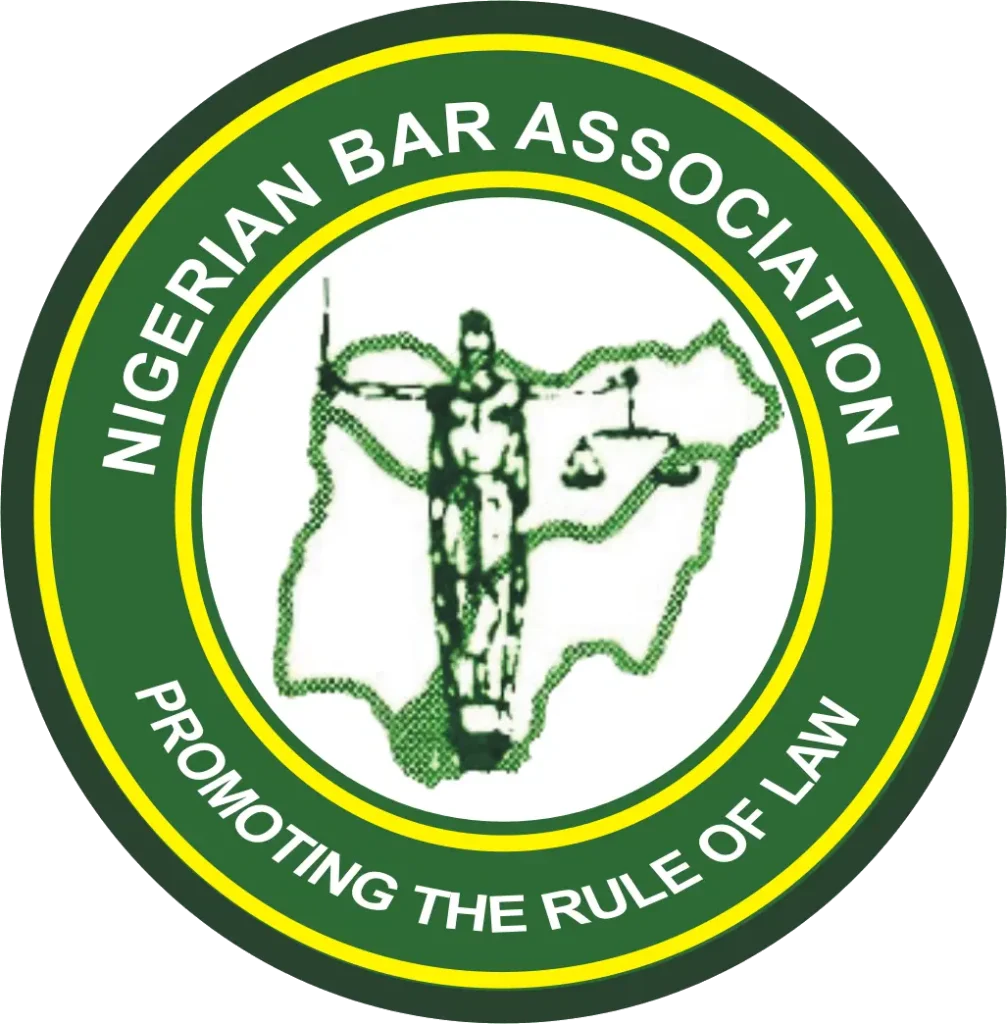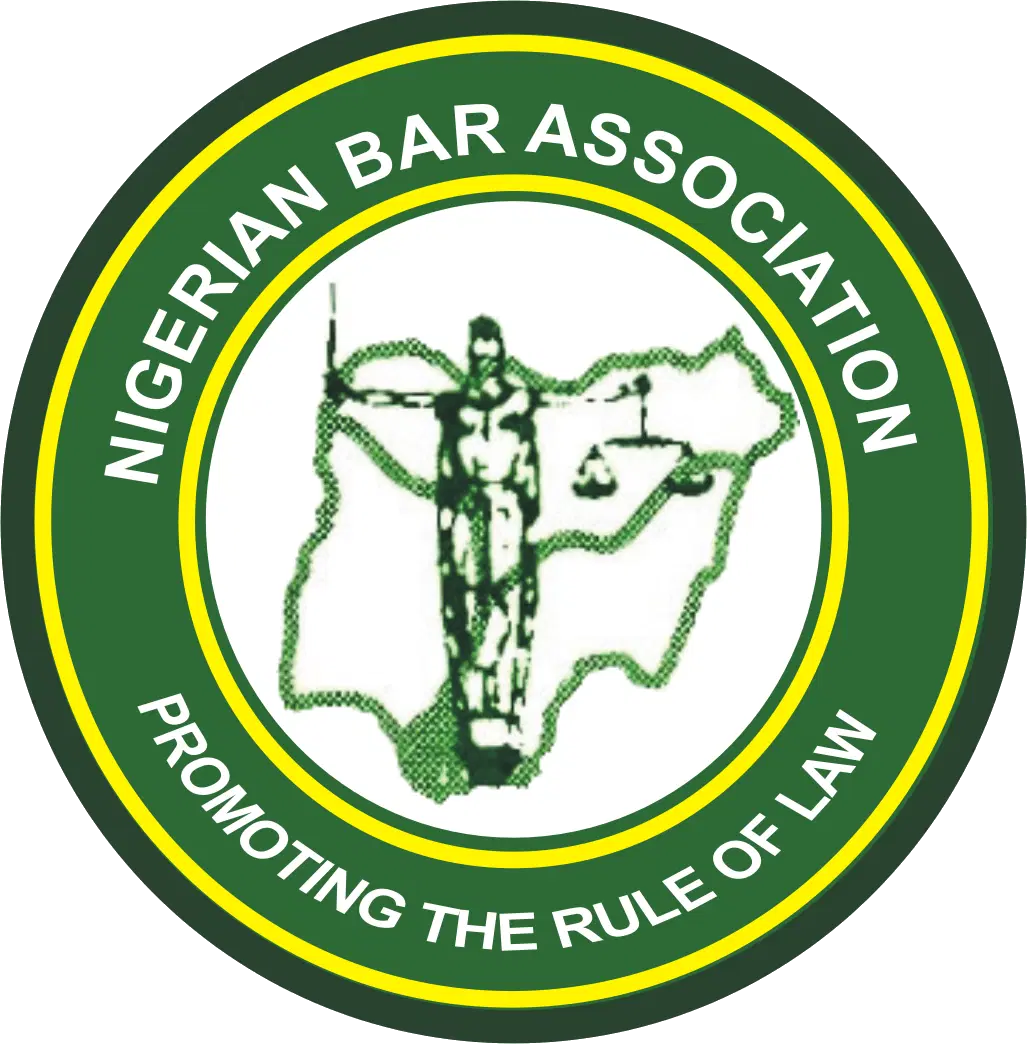
By Chidi Nkwopara
OWERRI —- Judicial corruption, inadequate funding, political interference, case backlogs/delays and the appointing process have been identified as some of the major issues hampering justice delivery in Nigeria.
The former Owerri Branch Chairman of Nigerian Bar Association, NBA, Mr. Lawrence Nwakaeti, stated this in a paper, “Judiciary and the role of the media in deepening Nigerian democracy,” he delivered on Monday at the opening of the NUJ Workstation, Owerri.
His words: “Very recently in Nigeria, it is sad to posit that the concept of judicial independence and as the last hope of the common man, is in reverse gear and largely observed in the breach.
“Recent decisions of the courts on established issues of law, which lawyers call judicial precedent, has been largely abused even by all categories of courts.
“The role of the judiciary seems to be hanging in the air and can be likened to a nonexistent concept. The system is said to be independent in theory but in practice, easily manipulated by the other arms of government.
“The age-long principle of separation of powers, which allocates the governmental functions of law-making, enforcement/execution and interpretation respectively to the legislature, the executive, and the judiciary, as organs of the state, cannot be said to be functional.
“The power to make and enforce laws ordinarily resides with the people but this is not the case as democracy in Nigeria is severely weakened and the rule of law and individual rights and liberties are largely in abeyance and/or lies at the whims and caprices of the powerful minority.
“Rather than operate independently from the other branches of government, the exercise of the powers and functions of the judiciary has now become subject to political interference or influence and as such, has failed in meeting the desired expectation as the last hope of the common man.
“The above scenario is a result of a plethora of factors threatening its effectiveness, and includes judicial corruption; inadequate funding and resources; political interference, case backlogs/delays and lastly the appointing process.
“This last aspect, in my view, has turned appointment into judicial offices as hereditary right, spousal gift and influence peddling. It is no longer based on merit as it then was.”
On how to curb these factors and better fulfil its role in a democratic society, Nwakaeti said: “The judiciary in Nigeria must continue to improve its efficiency and effectiveness, address corruption and misconduct, and strengthen its collaboration and coordination with other institutions and stakeholders.
“The judicial arm of the government must assert its independence, being a body created by the 1999 Constitution, namely Sec 6 thereof, same as the other arms of government.
“It is instructive to note that none of the other two arms of government can, by fiat, limit or remove the powers of the judiciary.
“Thus, there is no doubt that a functional judiciary will not only check the abuses of power by the government and its agencies, but it will also be capable of managing conflicts which are bound to result from unwholesome rivalry for political powers.”
Nwakaeti then advised that all efforts must be directed towards having a judiciary that would be able to play its historic roles of safeguarding civil liberties, the rule of law and democratic tenets.
He urged journalists not to relent in reporting events, stressing that this is what will not only keep those in the corridors of power on their toes, but will also help to grow our democracy and make our society better.
source; Vanguard News.









